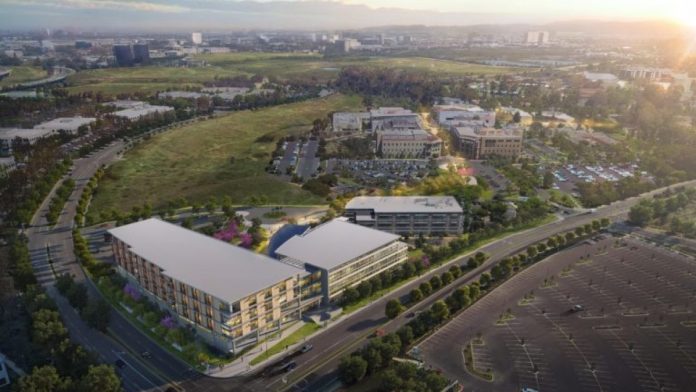Alexis Crisostomo
AS Beat Reporter
UC Irvine (UCI) recently announced it will open up its anthropology course titled Environmental Injustice to all UC students during the upcoming summer and fall 2021 quarters. This course will be available as ANTH25A, and will focus on researching case studies of environmental injustice in communities across California. The Bottom Line (TBL) sat down with UC Irvine Teaching Assistant (TA), Tim Schütz, to learn more about this upcoming course.
The course was created by Kim Fortun, a UCI professor with research experience in how environmental disasters affect public health. Fortun is part of the Platform for Experimental, Collaborative Ethnography (PECE), an open-source software that brings together scientists of all disciplines for collaboration and data sharing in efforts to create an international environmental science database. Schütz, who has been Fortun’s TA for the past three years, also emphasizes her impressive career in mapping environmental statistics, such as her work on the 1980 Bhopal Gas leak in India.
Fortun began ANTH25A in her pursuit to expand collaborative research with disaster experts. Regarding how this course will continue to be offered UC-wide when it transitions into hybrid classes this fall, Schütz reveals how this class was already taught in an online-based style before the COVID-19 pandemic. Schütz reflects on how this earlier experience allowed instructors to move smoothly into remote teaching during this time. He adds that the course’s history will allow UC students to take it even when campuses return to in-person instruction as it will still be hybrid-based.
In this interdisciplinary class, students learn how to look at environmental injustice from a largely anthropological perspective and contribute their own research on environmental justice. Environmental justice expert Schütz explains the course examines how environmental harm disproportionately affects minorities. He describes this injustice as having different forms, from how factories pollute the air and water systems to how industrial sites are built in marginalized neighborhoods.
“[It’s] one thing to call for environmental justice and then [another] identifying different kinds of injustice, and that’s what the course is kind of uniquely designed for,” Schütz explained.
This course explores the three different kinds of disasters: fast (industrial disasters), slow (water and air contamination) and combinations of both (like climate change). For example, the class begins by studying the intersection between racism and environmental injustices with a virtual tour of Cancer Valley, a case study done in Louisiana where locations of historic sugar plantations are now being used as sites for chemical plants. Students learn how emissions from these plants are often linked to greater numbers of cancer cases in the surrounding communities, many of which include Black Americans and other minority groups.
Students also cover a variety of concepts when investigating these disasters in this class from companies using “greenwashing” and misleading consumers about their environmental footprint, to local cases of environmental injustice across California. Students learn to perform stakeholder analysis, read and utilize data, and research public health impacts.
By the end of the course, students publish their own case studies using PECE’s Disaster STS Network, a platform that focuses on sharing, archiving, analyzing, and publishing accessible data. Ultimately, Schütz states, the goal of the course is to have students ask anthropological questions about how people define an environmental problem and how they can make sense of local situations.
While it is the third year this course has been running, it is the first time that ANTH25A has been offered to students across the UC system. Schütz points out that the reason for this change is to create an even greater opportunity to widen the analytic lens of the class, connect people across California campuses, and further push the environmental justice movement.
“Since it’s a lower-division class it’s become hugely popular for people who want that kind of extra training […] I think people need a desire, kind of assistance, to make sense of what’s good and what’s bad and where to go, and what kind of position to take on these issues,” Schütz adds.
Finally, Schütz encourages students to enroll in ANTH25A even if they are unfamiliar with group work as the class will help build their research and teamwork skills. He announces that PECE and its Disaster STS Network will be having an environmental governance internship program this summer, where students and community members can broaden their understanding of environmental justice and science.











